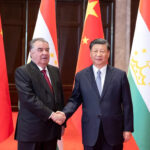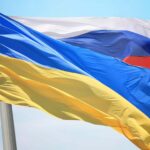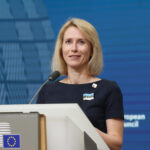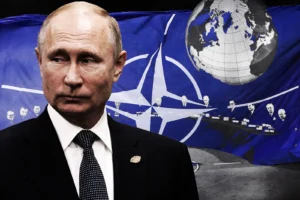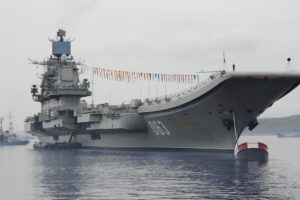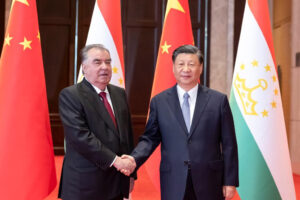Brazilian President Luiz Inacio Lula da Silva called for the creation of a regional trade currency while hosting a summit of South American leaders on Tuesday.
Lula discussed the importance of a common currency for the region and called for the revival of the regional bloc previously known as the Union of South American Nations (UNASUR) at the gathering, which was attended by 11 other leaders and representatives of South American countries.
He was accompanied at the Itamaraty Palace in the capital Brasilia by the leaders of Argentina, Bolivia, Chile, Colombia, Ecuador, Guyana, Paraguay, Surinam, Uruguay and Venezuela.
Peruvian President Dina Boluarte did not attend the summit for diplomatic reasons and was instead represented by the leader of the Council of Ministers of Peru.
The leaders attended the summit at the invitation of Lula, who is seeking a more integrated bloc to address common problems within the region such as healthcare, the environment, trade and organized crime.
Among the proposals he made is the possible issuance of a common currency for the South American region, which would facilitate trade and counteract trade dependency on the US dollar.
Earlier this year, Lula and Argentine President Alberto Fernandez announced their intention to create a common currency between their countries called “the sur,” or “south,” and planned to invite other Latin American nations to join what would have been the world’s second largest currency union, but the plans were put on ice due to complications.
The currency was to have been one of the various measures planned to solidify ties between the South American countries.
Lula meanwhile said that UNASUR represents a good start to further international cooperation and integration.
UNASUR was a mechanism for consultation, coordination, integration and political dialogue created in 2008 by the leaders of the Pink Tide, a group of left-leaning non-communist governments that rose to power at the end of the 1990s and in the new millennium in Latin America headed by leaders including Hugo Chavez in Venezuela, Cristina Fernandez de Kirchner in Argentina, Luiz Inacio Lula da Silva in Brazil and Evo Morales in Bolivia.
According to Lula, the ideology fostered a rupture in regional cohesion, and by 2018, Argentina, Brazil, Chile, Colombia, Peru and Paraguay desisted from participating in UNASUR.
With Lula’s return to the presidency, however, Brazil formally returned to UNASUR in April.
“For more than 10 years, UNASUR has allowed us to get to know each other better. We consolidated our ties through a broad political dialogue that accommodated differences and allowed us to identify common denominators. We implemented cooperation initiatives in health, infrastructure and defense. This integration also contributed to important trade gains. We formed a robust free trade zone, whose figures reached a record value of $124 billion in 2011,” said Lula.
Source : aa



